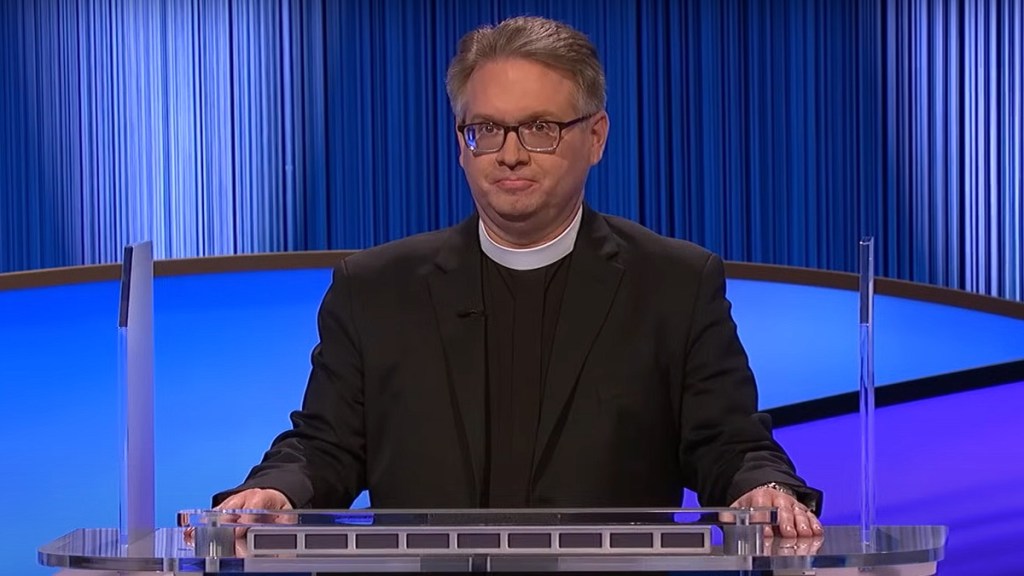The Final Jeopardy clue for Tuesday, November 26, 2024 concerns the Supreme Court. Although contestant Kevin Laskowski did not get the Final Jeopardy clue correct in Monday’s episode, the Episcopal priest from Virginia still became the new Jeopardy champion due to getting a runaway lead. We’ll see if he can do…

Another test









